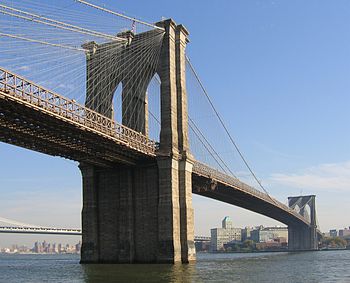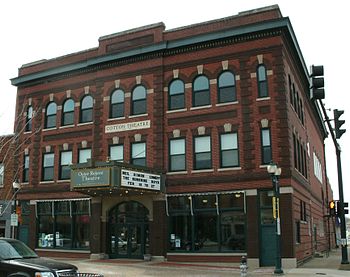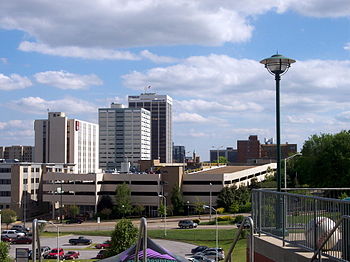BY
Download an entire movie in about a minute and a half. Send a whole genome in a fraction of the time.
That’s the promise of low-cost gigabit Internet service that is finally coming to New York.
Brooklyn Fiber, a three-year-old five-person startup, is rolling out its gigabit broadband service this week in Industry City, the Brooklyn complex of former warehouse buildings under development in Sunset Park. That’s 20 times faster than existing download speeds in New York City, which average around 52 mbps, according to Ookla’s Speedtest.net service. Upload speeds average about 17 mbps. Continue reading







